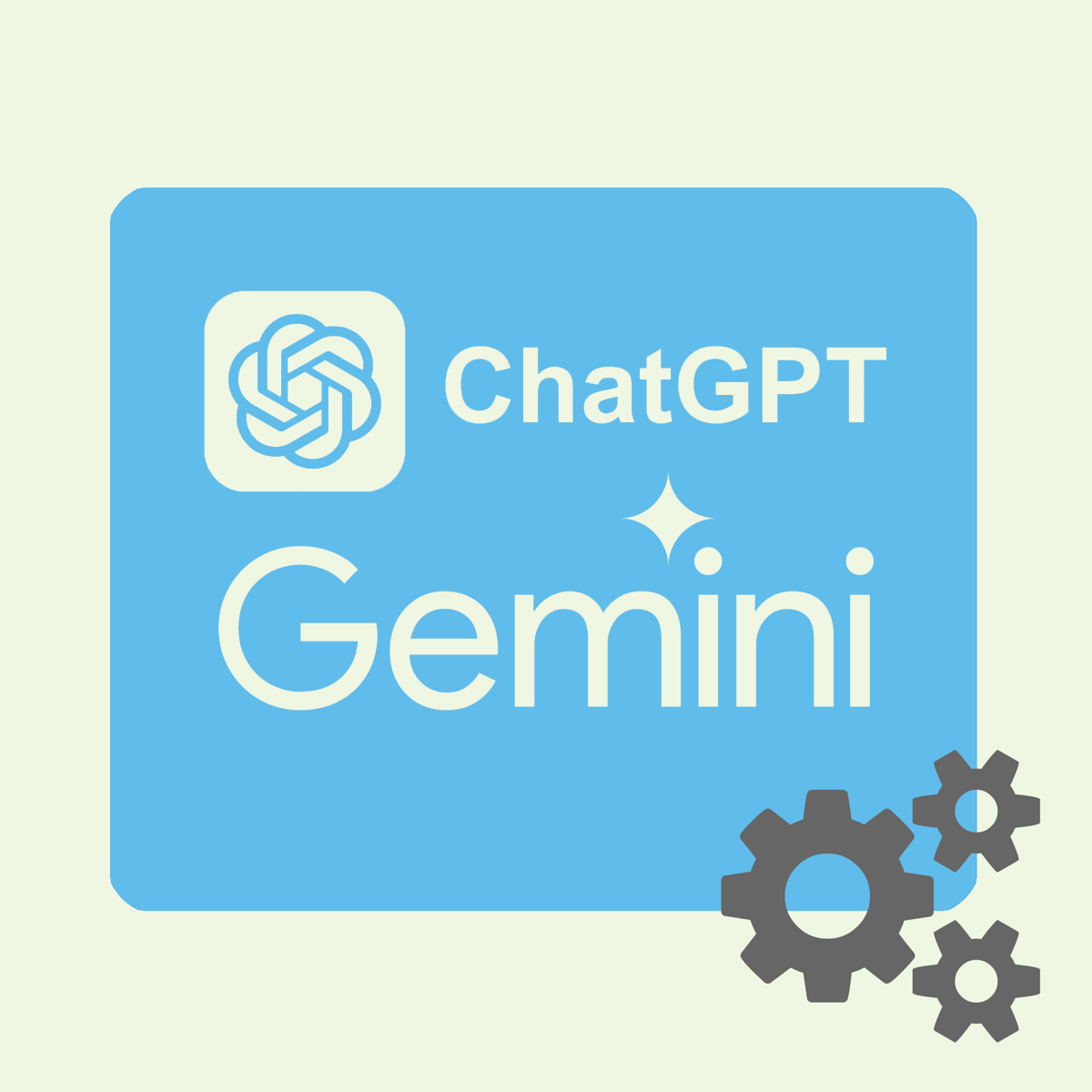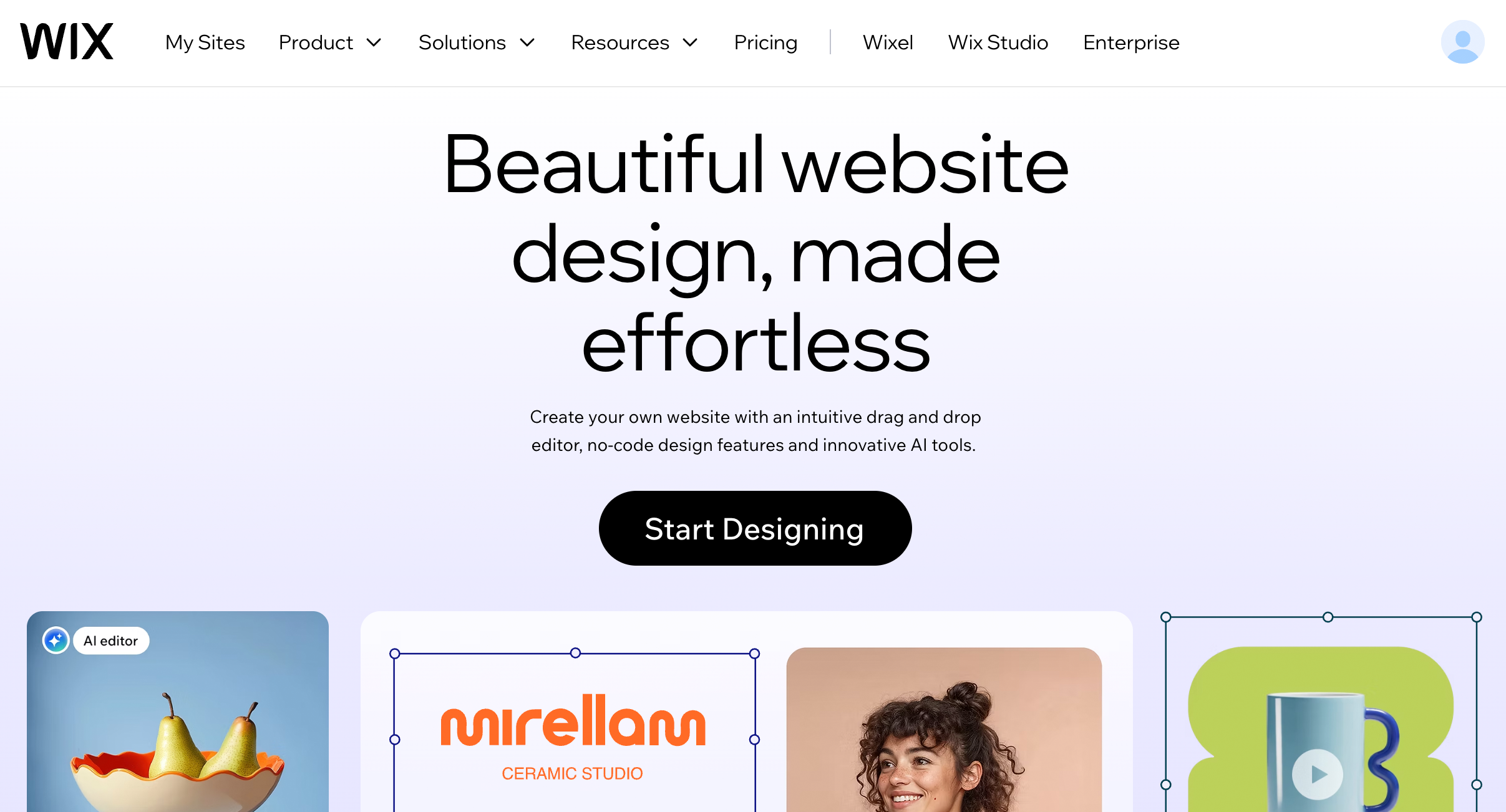10-Point Plan for Building Websites That Rank in AI and ChatGPT Search
1. Build Clear Topical Authority
Structure your content around specific, focused subject areas. Create pillar pages with supporting subtopics to help AI models understand your site’s expertise.
💡 Example: A “Web Design Services” page supported by guides on design trends, UX principles, accessibility, etc.
⸻
✅ 2. Use Clear, Natural Language
Write in a way that sounds like how people ask questions or explain ideas. AI search favours content that is well-written, explanatory, and helpful—not just keyword-stuffed.
💬 Instead of: “Best website hosting UK”
✅ Use: “What’s the best website hosting option in the UK for small businesses?”
⸻
✅ 3. Include FAQ & Question-Based Content
AI often pulls answers from pages that mirror how users ask questions. Add FAQs, How-tos, and comparison content using structured headings (
and
) and schema where possible.
⸻
✅ 4. Add Structured Data (Schema.org)
Use schema markup for FAQs, services, articles, products, reviews, and more. It helps AI understand your content contextually and increases chances of being cited or featured.
✅ Use FAQ schema
✅ Use LocalBusiness, Service, etc.
⸻
✅ 5. Create Authoritative, Trustworthy Content
Include author bios, experience, sources, and citations when relevant. AI and SGE are built to favour E-E-A-T: Experience, Expertise, Authoritativeness, Trust.
⸻
✅ 6. Publish First-Party Data or Unique Insight
If you can share original data, tools, research, or insight, AI tools are more likely to reference your site. This is especially valuable for B2B and technical niches.
🔹 Example: Publish a “Website Cost Calculator” or an “Annual UX Design Trends Report”
⸻
✅ 7. Optimise for Featured Snippets / Zero-Click Content
Write concise summaries, use definition blocks, bullet points, and how-to steps. This style is ideal for AI summarisation.
📌 Use
tags directly under headings to define terms clearly.
⸻
✅ 8. Improve Page Experience & Speed
Google’s AI-enhanced results (like SGE) still rely on core web vitals. Make sure your site loads fast, is mobile-friendly, and follows accessibility best practices.
⸻
✅ 9. Use Descriptive Internal Linking
Link between related content using descriptive anchor text. It helps AI (and users) understand relationships between your pages and improves crawling.
⸻
✅ 10. Publish Content That Solves Problems
Ultimately, AI is trying to give users helpful answers. Your job is to provide that help on-page, not just lure people in. Be direct, thorough, and human.
✅ Think: “What would ChatGPT say about this topic—and can my page do it better?”



